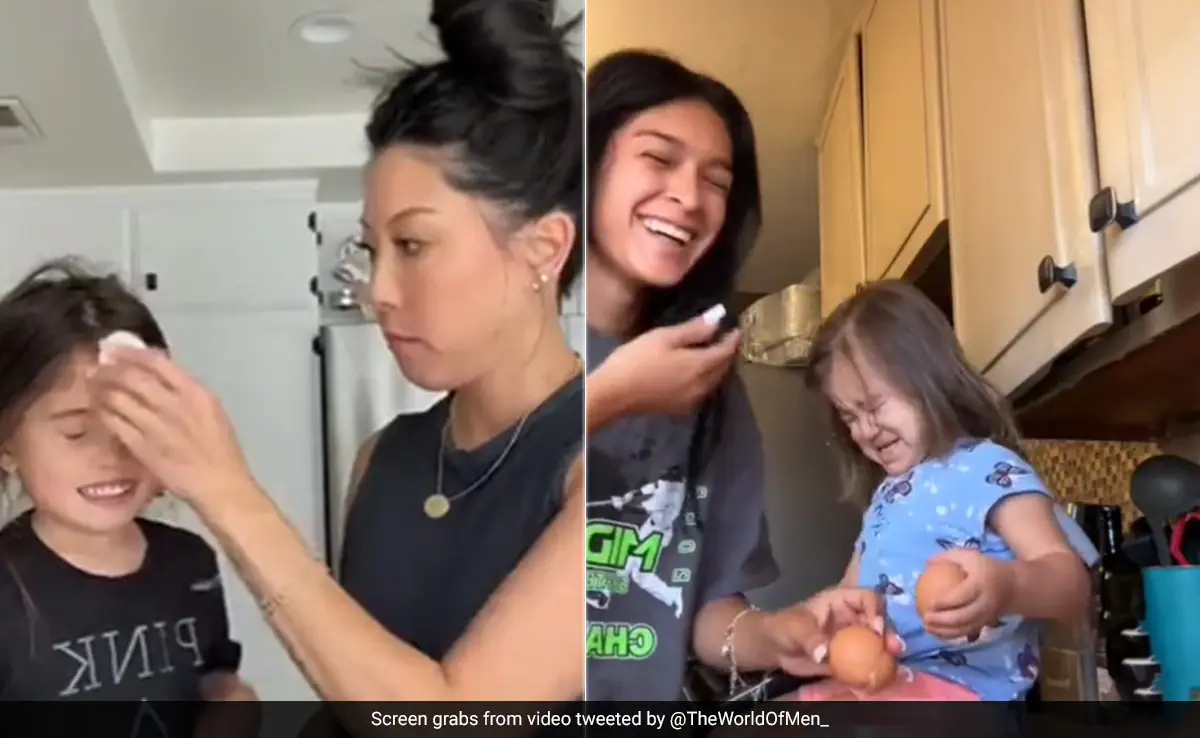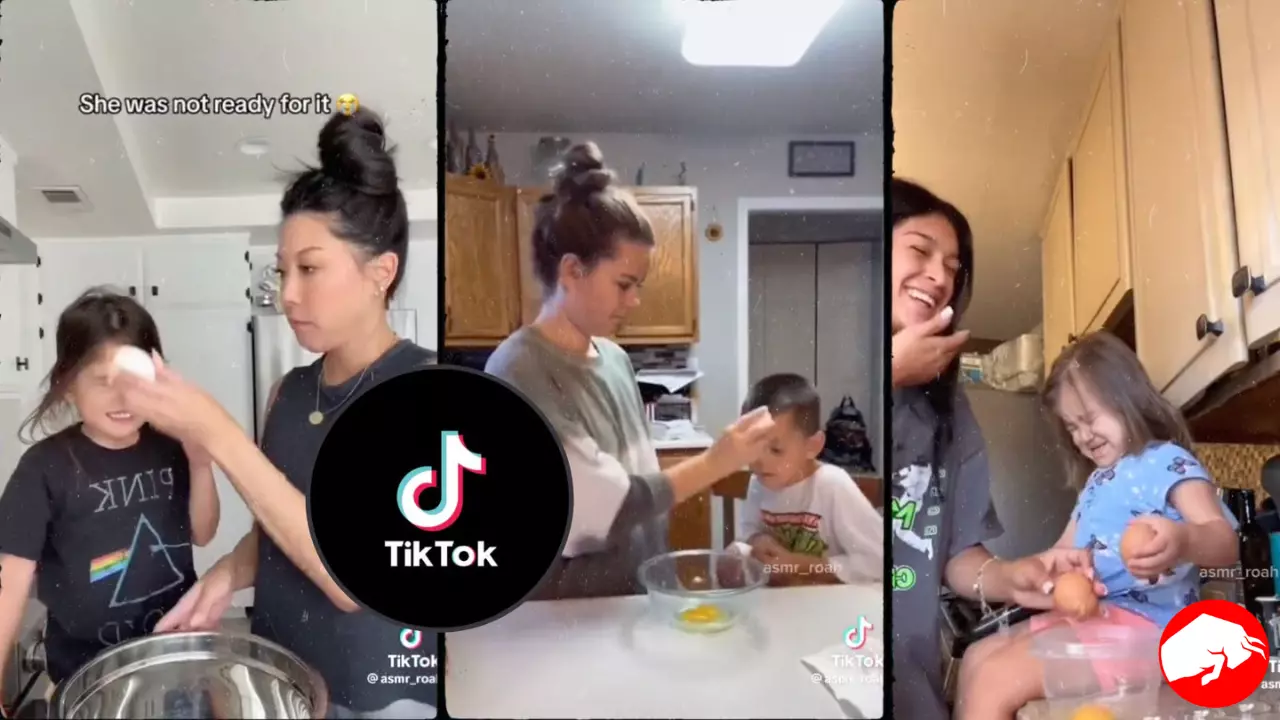The Meteoric Rise of TikTok
TikTok, launched in September 2016 by the renowned Chinese company, ByteDance, has indubitably reshaped the digital entertainment sector. This app isn’t merely about short-form videos set to catchy tunes but encapsulates an entire cultural movement that defines today’s younger generation.
This platform’s unprecedented success can be attributed to its ability to continuously offer content that aligns with user preferences, all thanks to its potent “For You Page” (FYP) algorithm. As more creators embraced the app’s multifaceted editing tools, TikTok became synonymous with innovative trends, challenges, and ground-breaking content. Its potential hasn’t just been in keeping its audience hooked, but also in catapulting emerging artists into stardom.
However, as with any significant cultural force, TikTok has its fair share of critiques. Discussions about its societal impact and concerns over data privacy keep the platform in the limelight, both for applause and scrutiny.

Delving into the TikTok Egg Challenge
Now, emerging from TikTok’s ever-evolving theater of trends is the quirky “TikTok Egg Challenge.” What’s it all about, you ask? Imagine unsuspecting kids and raw eggs. Combine them, and you have content that’s equal parts adorable, hilarious, and for some, a tad controversial.
Parents across the globe have hopped onto this trend, taking raw eggs and, in a playful jest, breaking them over their children’s heads. The grand finale? The golden yolk cascading into a waiting bowl, all the while capturing the child’s unfiltered reaction.
From giggles and bewildered stares to the occasional teary eye, the challenge presents a tapestry of candid emotions, making it a visual treat for viewers.
However, as its virality grows, so does the debate around it. While many appreciate the candidness and genuine fun showcased in these videos, others are raising eyebrows over potential emotional distress caused to the little ones.

Unpacking the Power of Social Media Trends
At its core, the “TikTok Egg Challenge” exemplifies the platform’s influential nature. When trends like these emerge and gain traction, they’re not just fleeting moments of entertainment; they often serve as cultural touchpoints, inviting dialogues and diverse reactions.
Yet, this isn’t just about cracking eggs on toddlers. It underscores a broader narrative – the undeniable power of social media in setting the stage for trends that resonate, influence, and sometimes, even polarize.
How is cracking an egg on children's forehead a trend. It's just mean and it hurts them. What has this world come to? #TikTok #Trending #eggprank #eggchallenge pic.twitter.com/ahs4GoFufw
— Abdulkarim (@ITORIGINALABDUL) August 19, 2023
In conclusion, as TikTok continues its meteoric rise in the global digital landscape, its users remain at the forefront of creativity, pushing boundaries and occasionally ruffling feathers (or cracking eggs!). Whether one sees the “TikTok Egg Challenge” as sheer amusement or a point of contention, there’s no denying that TikTok will continue to serve as a pulsating hub of innovation and dialogue for the foreseeable future.










